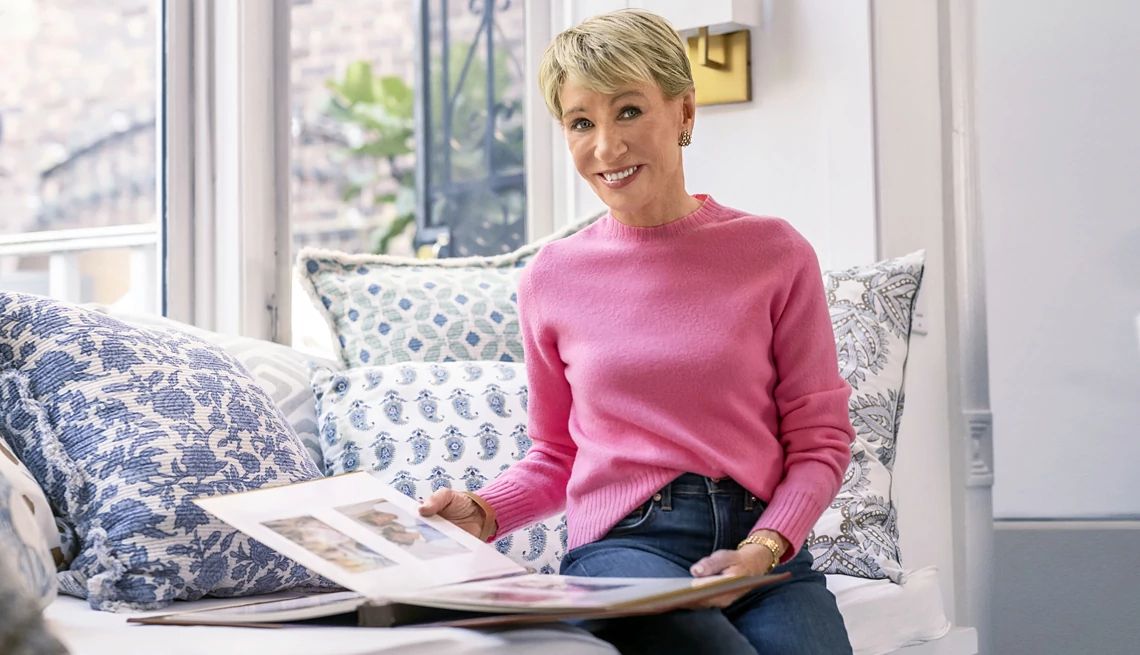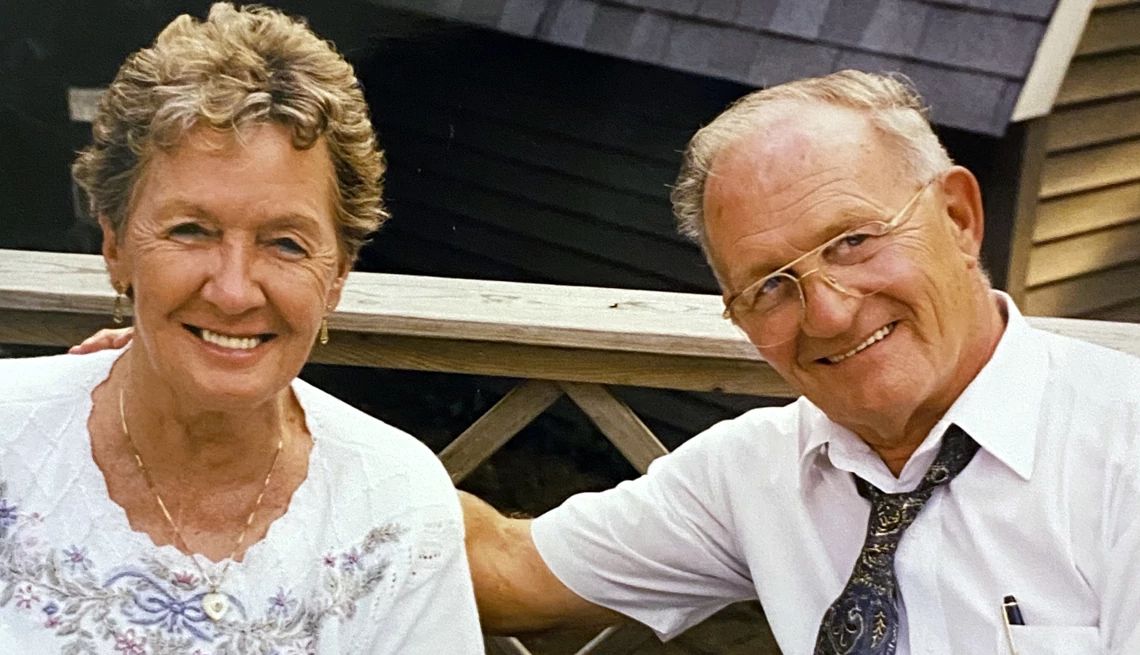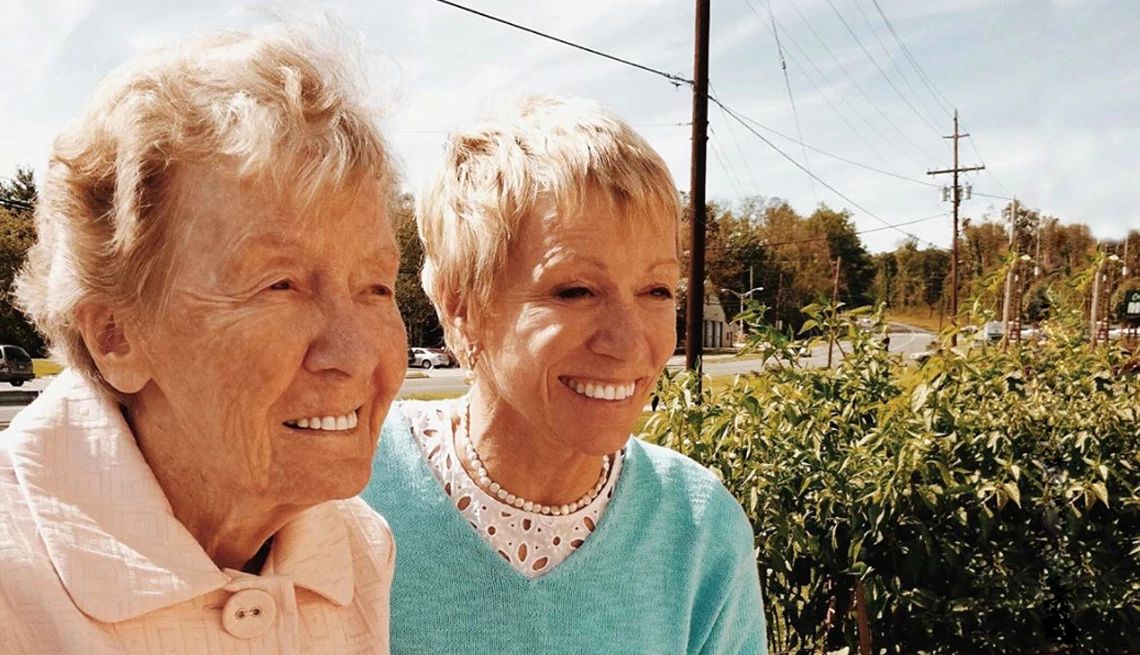AARP Hearing Center


When Barbara Corcoran decided it was time to speak out about the way Alzheimer’s disease shaped her family’s life, it was no surprise that she was all in.
Corcoran, the fast-talking extrovert who doesn’t mince words on ABC’s Shark Tank, had been silent about her mother Florence’s struggles with the disease and how Corcoran and her nine siblings took charge of their mother’s care. They grew up with their grandmother (Florence’s mother) living with the family. She also had Alzheimer’s. Florence’s four brothers were later diagnosed with the disease and died from it as well.
“It was like having an 11th child for my mother — and five times more work,” Corcoran says. “We all pitched in and cared for [my grandmother]. So it was not foreign to us. We knew what it was about and what to expect.”
Or so they thought.
Florence Corcoran was diagnosed in 2003 and died nine years later at age 87. During that time, the siblings divided care responsibilities based on their skills. One sister was a dementia nurse and worked at a care facility in New Jersey where Florence spent her final years. Another sister lived in Florida across the street from Corcoran’s parents, so after the diagnosis, the siblings asked her to quit her job and paid her for four years to be a caregiver for their parents. A brother took classes in Alzheimer’s care and learned techniques to deal with patients experiencing cognitive issues.


“Everyone had something to do. It was really a fortunate situation for all of us,” Corcoran says of their initial caregiving plan, thinking “we had all the bases covered.”
But Corcoran says none of them recognized the subtle symptoms a few years into their mother’s diagnosis when she became restless, anxious and verbally aggressive.
“It didn’t sound like her.... It just wasn’t the mother that we had grown up with,” Corcoran says. “I wish I had known then to ask a few questions or talk to a doctor.”







































































More From AARP
How to Be a Caregiver for Someone With Dementia
It’s a tough job, but there may be more help than you thinkHow to Proactively Approach an Alzheimer’s Diagnosis
Small steps that may help slow advancements and increase networks of supportHow Therapeutic Fibbing and Diversion Can Help Loved Ones with Dementia and Alzheimer’s
Tactics to comfort, alleviate stress and meet individuals in ‘their reality’
Recommended for You